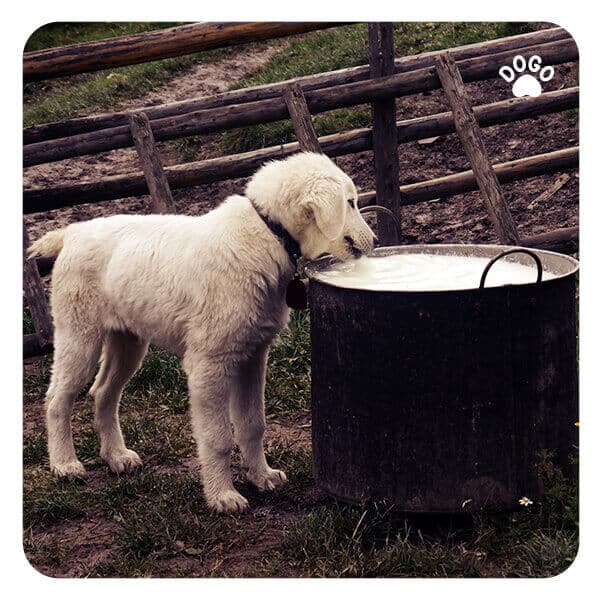 It can be tough to see your furry friend uncomfortable, especially when they’re experiencing constipation. Just like humans, dogs can suffer from constipation for various reasons. If you notice your dog is struggling to pass stool, it’s important to take action to help alleviate their discomfort. Here, we’ll explore some practical steps you can take to address dog constipation and get your pet feeling better.
It can be tough to see your furry friend uncomfortable, especially when they’re experiencing constipation. Just like humans, dogs can suffer from constipation for various reasons. If you notice your dog is struggling to pass stool, it’s important to take action to help alleviate their discomfort. Here, we’ll explore some practical steps you can take to address dog constipation and get your pet feeling better.
When you notice that your dog is having difficulty passing stool, it’s essential to first understand why it might be happening. Common causes of constipation in dogs include dehydration, lack of dietary fiber, ingesting foreign objects, or underlying health conditions. To determine the cause, observe your dog’s behavior, check their water intake, and monitor their diet. If you notice any other concerning symptoms or the constipation persists, it’s best to consult with a veterinarian to rule out any serious issues.
One way to help relieve your dog’s constipation is to ensure they have access to plenty of fresh water. Dehydration can often lead to constipation, so making sure your dog drinks enough water is crucial. You may also consider adding more moisture to their diet by including wet food or adding water to their kibble. Keeping your dog well-hydrated can help soften their stool and make it easier for them to pass.
Diet plays a significant role in your dog’s digestive health. If your dog is experiencing constipation, consider incorporating more fiber into their diet. Fiber helps promote regular bowel movements and can be found in certain fruits and vegetables, as well as specialized dog foods designed to aid digestion. Just be sure to introduce any dietary changes gradually to avoid upsetting your dog’s stomach.
Regular exercise is not only beneficial for your dog’s overall health, but it can also help alleviate constipation. Taking your dog for walks or engaging in active playtime can stimulate their digestive system and encourage bowel movements. Exercise promotes better circulation and helps keep the muscles in the digestive tract functioning properly. However, be mindful not to overexert your dog, especially if they are already feeling uncomfortable due to constipation.
In some cases, adding a small amount of canned pumpkin to your dog’s diet can help relieve constipation. Pumpkin is high in fiber and water content, which can aid in softening your dog’s stool and easing their bowel movements. However, it’s important to consult with your veterinarian before making any significant changes to your dog’s diet to ensure it’s appropriate for their specific needs.
If your dog’s constipation persists despite your efforts, it’s crucial to seek veterinary attention. Prolonged constipation can lead to more serious health issues, and a veterinarian can provide a proper diagnosis and recommend the most suitable course of treatment. They may perform a physical examination, suggest dietary adjustments, or prescribe medication to help your dog find relief.
Remember, every dog is unique, and what works for one may not work for another. Be patient and attentive to your dog’s needs, and always consult with a professional if you have concerns about their health. By taking proactive steps to address your dog’s constipation, you can help ensure they stay happy, healthy, and comfortable.[/fusion_text]



